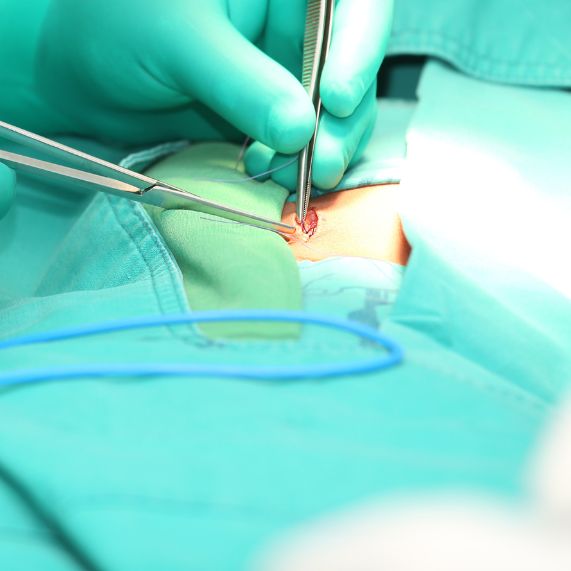Our practice is dedicated to staying at the forefront of medical advancements, utilizing the latest technologies and techniques to deliver the best possible outcomes for our patients. We believe in a holistic approach to healthcare, treating the whole person, not just the symptoms. We also place a strong emphasis on preventative care, working with you to identify and address potential health issues before they become more serious.

What is Epigastric Hernia Repair?
An epigastric hernia repair is a hernia type in the epigastric region of the wall of the abdominal. This hernia is above the belly button and just below the sternum of your rib cage.
What are the symptoms of Epigastric hernia?
An epigastric hernia usually causes a bump to occur in the below area of your sternum, or breastbone, and above your belly button. This bump is caused by a mass of fat that has pushed through the hernia.
The raised area may be seen all the time or only when you cough, sneeze, or laugh. This bump, or mass, can grow and become larger in a few cases. You can have more than one epigastric hernia at a time.
An epigastric hernia can also have tenderness and pain in the region of epigastric. However, it’s common for an epigastric hernia not to show any signs.
What are the possible issues of an Epigastric hernia?
In most cases, the hernia can be repaired before major complications occur. Unfortunately, on occasion, the epigastric hernia can be:1. Incarcerated: when the tissue is stuck in the “out” position and does not reduces back inside the wall of abdominal, or
2. Strangulated: when the incarcerated tissue is twisted or caught in a way that blood cannot flow to the area of herniated.
Strangulated hernias are a serious condition, calling for immediate treatment in order to keep away from permanent damage to the area.
How is Epigastric Hernia examined?
In minor cases, the issue may be examined during a CT scan or other testing for an entirely different problem, and may never cause symptoms. In fact, many epigastric hernias are examined in adults, rather than in children. In extreme cases, organ portions may move through the hole in the muscle.
What is the best treatment recommended for epigastric hernia?
An epigastric hernia will not cure by itself and does require surgery to be done. However, unless the hernia threatens to be an emergency, surgery can be postponed until the child is older. Toddlers tend to tolerate surgery better than newborns, so it may be useful to wait before surgery is performed.
What will happen if epigastric hernia is not treated?
Epigastric hernias don’t improve by themselves. They usually worsen. You won’t necessarily have complications, but the risk does increase over time. The risk is highest for children because they’re still growing and their hernias will enlarge at a faster rate. Children also tend to have indirect hernias, which are more likely to get into their scrotum.
How can I decrease my risk of getting Epigastric hernia?
1. Stay at a Healthy Weight.2. Eating a fiber rich diet will help you have regular bowel movements.
3. Lifting heavy objects improperly can lead to straining.
4. Quit Smoking.
Why Epigastric Hernia Repair is done?
This hernia won’t go away on its own, and problems will eventually lead you to surgery. It’s even recommended for infants, due to the hernia risk enlarging and causing pain.

 Doctor Consultation
Doctor Consultation video Consultation
video Consultation 9880822174
9880822174
